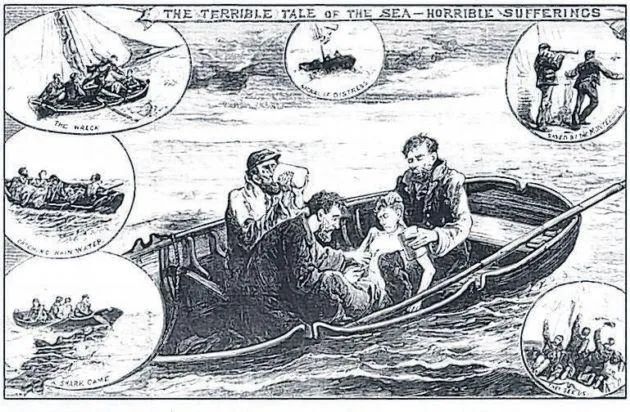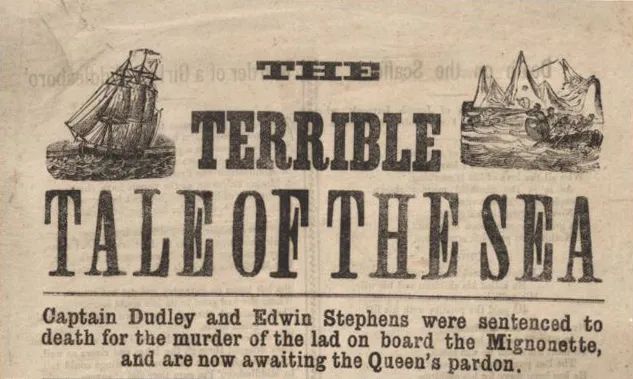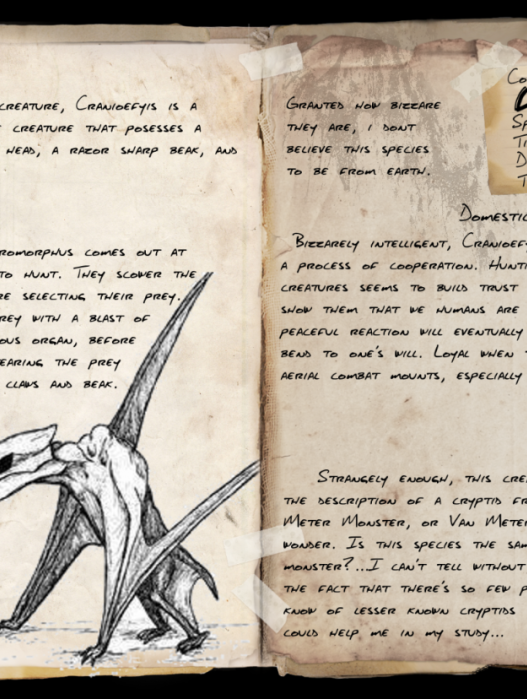Despite sounding extreme and cruel, in many places, eating human flesh may not be illegal!
Cannibalism is often considered taboo in most societies. However, in some specific situations, the question becomes quite intriguing.
In many countries, eating human flesh is not illegal. This includes the United States (except Idaho), the United Kingdom, much of Europe, and Japan. However, as pointed out by Cornell Law School, the U.S. has laws that “indirectly make it impossible to obtain and consume human flesh.”
For many countries, simply eating human flesh is not illegal. However, desecrating a corpse is generally considered a crime. Even if human flesh is acquired legally, cannibals can be charged with “disrupting public order” or “hindering a lawful burial.”

But exceptions do exist.
If someone acquires human flesh while avoiding legal risks, they might eat it in public without facing arrest—even if they openly declare “I ate human flesh.”
This may sound extreme, but there have been actual cases. Canadian performance artist Rick Gibson once turned two human fetuses into earrings. He displayed them on a plastic model, calling them “adorable” modern art.
As for his “cannibalistic art,” Gibson said:
“A friend in London gave me a bottle of human tonsils. He wanted me to make earrings out of them, but I decided to eat them. These preserved tonsils were perfect for making canapés.”
He continued, “On July 19, 1988, at 1:30 pm, I ate this appetizer at the intersection of Erskine Road and High Street in Walthamstow Market. I became the first person in British history to legally eat human flesh in public.”

Although this incident upset the public, the police had to admit that Gibson had not broken any laws. Later, Gibson even ate a human testicle in front of police to celebrate his innocence.
The key point here is that the human flesh Gibson consumed was from legally removed human organs. He persuaded a hospital to donate the organs to him.

A similar incident occurred with Japanese artist Mao Sugiyama.
At the age of 22, Sugiyama removed his own testicles, scrotum, and penis. He divided them into six portions and sold each portion as a dinner for $250.
Like Gibson’s case, Sugiyama was not punished. Japan, like most countries, lacks specific laws against cannibalism.
The legal issues surrounding cannibalism are complex.
In most places, no specific laws directly target the act of eating human flesh. As a result, courts often use other legal provisions to prosecute cannibals.
One of the most notorious cases involved Armin Meiwes. He posted an ad on a fetish website seeking a willing volunteer to be eaten. The victim, 43-year-old engineer Bernd Jürgen Brandes, responded to the ad and was subsequently killed by Meiwes, who ate 20 kilograms of his flesh.
This horrifying act shocked the world, but since cannibalism was not illegal in Germany, the court initially charged Meiwes with manslaughter and sentenced him to eight years. Later, due to public outrage and the severity of the crime, Meiwes was convicted of murder and sentenced to life imprisonment.

Cannibalism in extreme survival situations:
One of the most famous cases of survival cannibalism involves the Dudley and Stephens case. This case is a landmark in legal history: after their ship, Mignonette, sank in a storm, a young cabin boy was killed and eaten.
In 1884, Captain Dudley, First Mate Stephens, sailor Brooks, and cabin boy Richard Parker set sail from Southampton, England, to Sydney. The ship encountered a storm, and the crew abandoned ship, seeking refuge on a lifeboat.
Lacking food and fresh water, Dudley and Stephens made the horrifying decision to kill and eat Parker. Brooks, another survivor, refused to participate in the killing but later admitted to eating Parker’s flesh for survival.

After being rescued, Dudley and Stephens admitted to killing Parker but defended their actions in court, claiming that Parker was already near death after drinking seawater. They argued that, according to “maritime custom,” sailors facing extreme hunger could draw lots to decide who would be killed and eaten.
However, the court found that no such drawing of lots had taken place. Dudley and Stephens admitted to killing Parker with a pocketknife and holding his legs down to prevent him from struggling.
The court ruled that killing Parker was not “necessary” because they could not prove that rescuing them had become impossible. Moreover, their act of control over Parker suggested he was not yet dying.
A judge later clarified that for an act of survival cannibalism to be justified, everyone involved must be in a life-threatening situation.

In earlier cases, maritime customs were often used to justify cannibalism. Crew members, cabin boys, and even slaves were typically the ones selected to be eaten.
This led to doubts about the fairness of these decisions. As a result, the Dudley and Stephens case set a legal precedent for handling survival cannibalism cases.
Public reaction was mixed.
The public seemed to sympathize with Dudley and Stephens, seeing them as merely acting to survive in a dire situation. Brooks, who did not participate in the killing, was not prosecuted despite admitting to eating Parker’s flesh.
Dudley and Stephens were initially convicted of murder and sentenced to death, but due to public sympathy, their sentences were later reduced to six months in prison.
This case established that killing another person for survival, even in extreme circumstances, is not legally permissible. However, in most cases, eating the flesh of a deceased person for survival is still considered legal.
Morality vs. legality:
The law on cannibalism is one thing, but morality is entirely different.
Take the 1972 crash of Uruguayan Air Flight 571. The survivors had no choice but to eat the bodies of deceased passengers to stay alive. Initially, most survivors resisted eating human flesh due to religious beliefs, but they eventually gave in to hunger.

Roberto Canessa, one of the survivors, recalled the terrifying experience:
“Our goal was survival, but we had no food. We ate everything we could find on the plane, but there was no vegetation or animals nearby. We were getting weaker by the day. The food was the biggest problem.”
“We knew what we had to do, but it was horrifying. Our loved ones’ bodies were preserved in the snow outside. They contained the protein we needed to survive. But could we really eat them?”
In most countries, cannibalism for survival is not punished by law.
Most importantly, even without being in a survival situation, people can legally consume human flesh if they manage to acquire it legally. This often happens in cases where women choose to eat their placenta after childbirth, a trend that has become somewhat fashionable. In such cases, the practice is often considered a form of cannibalism.

Controversy still exists.
There is ongoing debate about whether eating certain parts of the human body constitutes “cannibalism.” For example, if someone swallows human sperm, does that count as eating human flesh? After all, it is part of the human body…


















